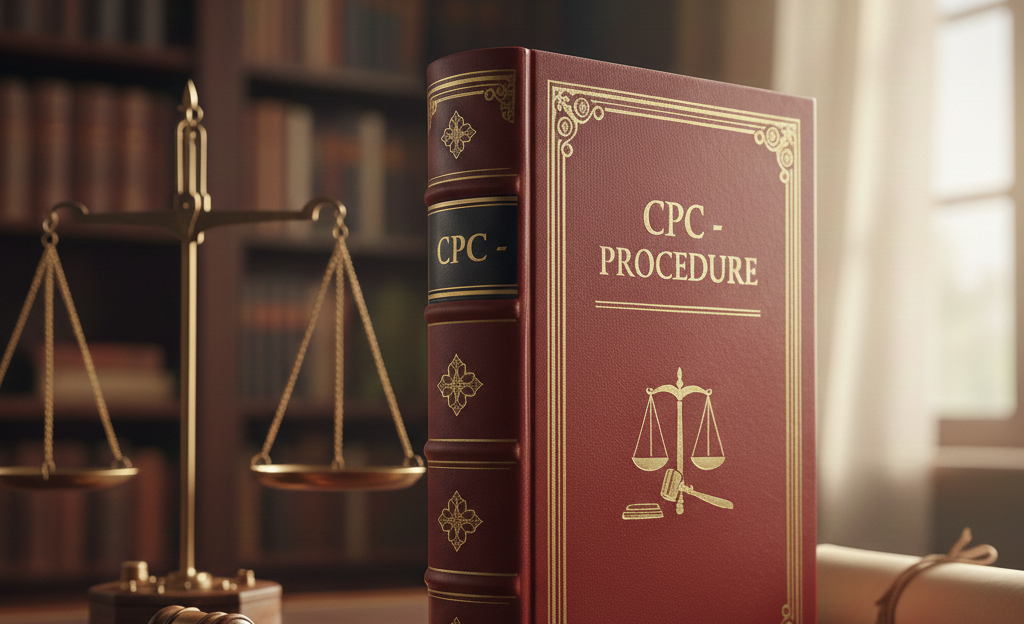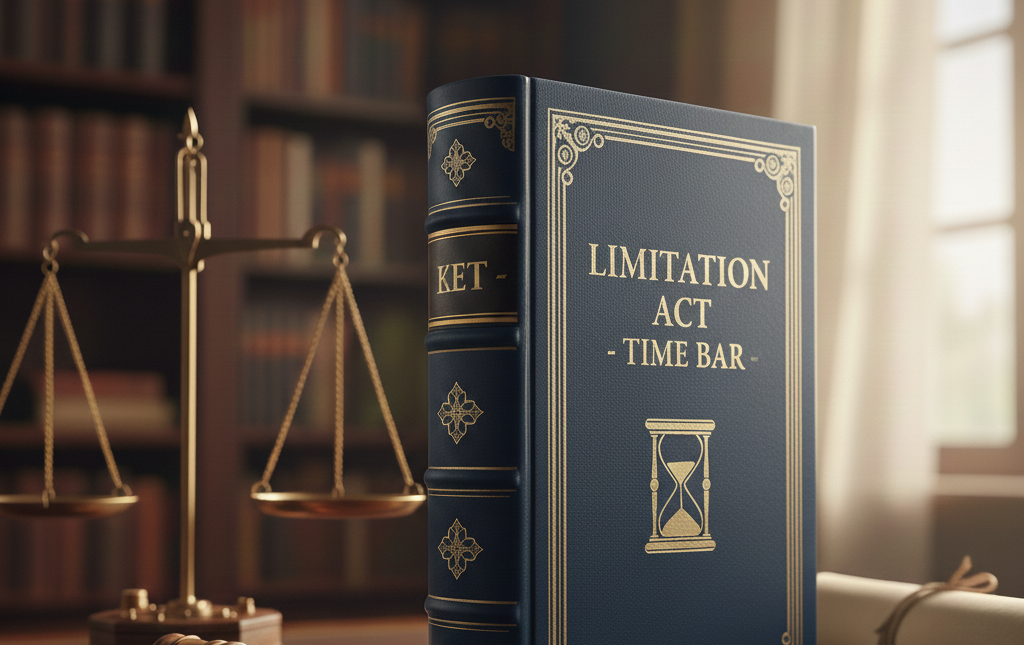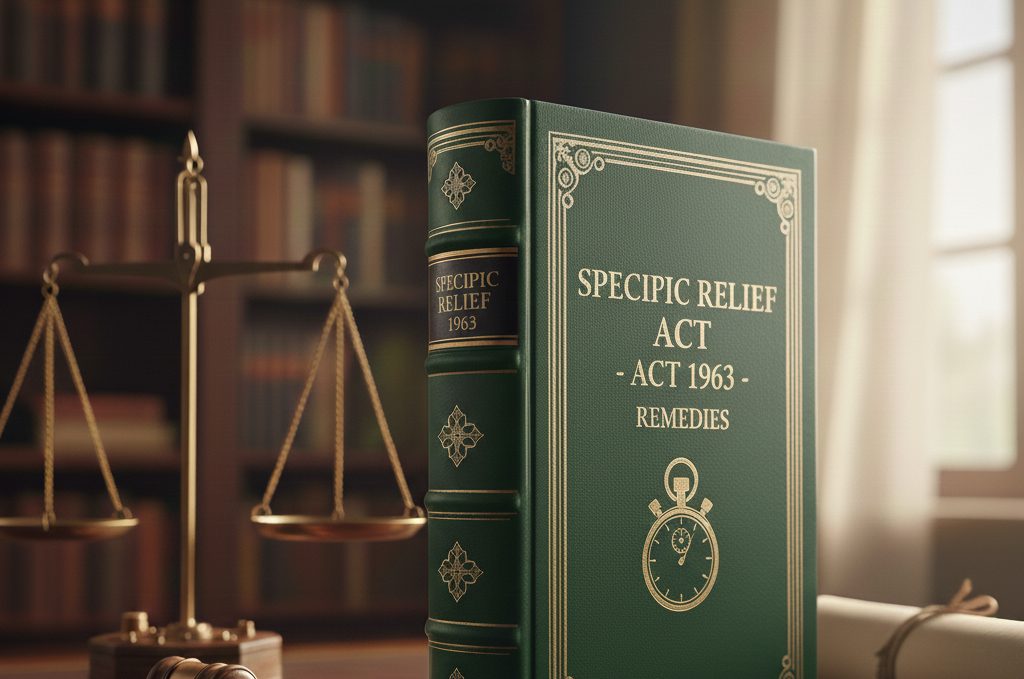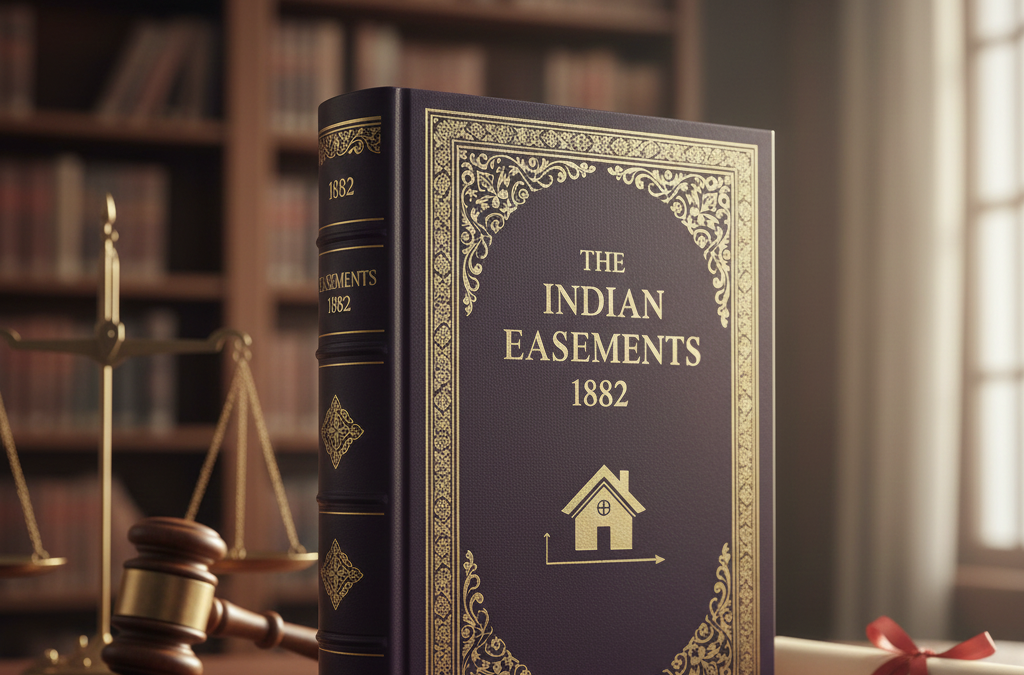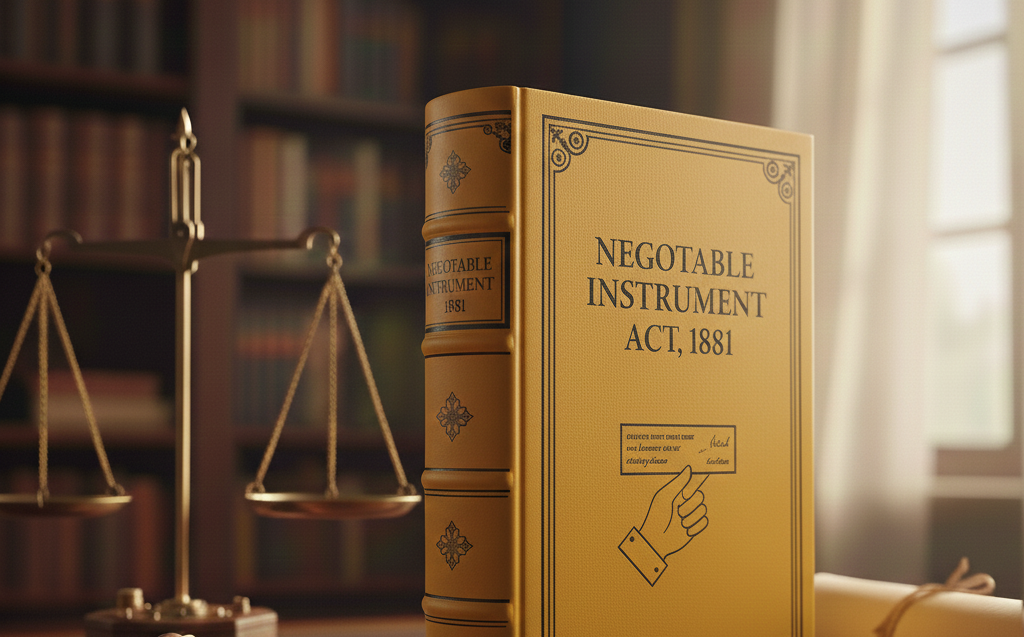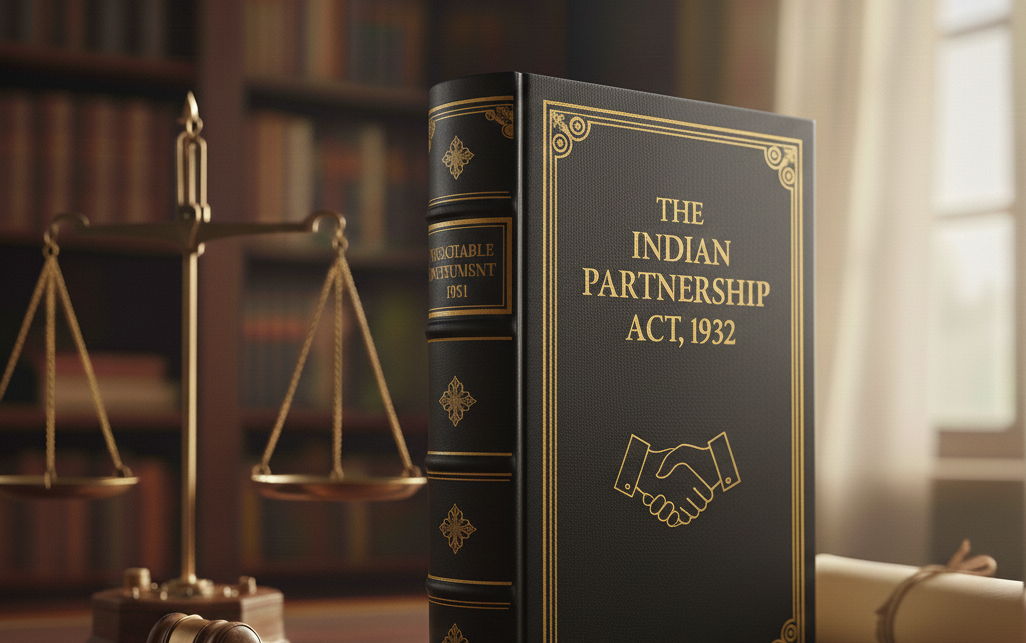Civil Law Notes for LLB Students – Comprehensive Exam-Oriented Resource
Welcome to our Civil Law Notes hub, curated specifically for LLB students preparing for their semester exams. This hub provides a structured, exam-oriented overview of civil law, combining clear explanations of sections, procedural rules, and key case laws with practical examples for easy understanding and application.
Our notes on the Code of Civil Procedure 1908 focus on procedural aspects, including filing of suits, execution of decrees, and remedies under the civil justice system. Each topic integrates judicial interpretations, allowing students to see how statutory provisions are applied in real cases. Similarly, the Limitation Act 1963 section highlights computation of limitation periods, exceptions, and essential doctrines, supplemented with practical illustrations to help students answer problem-solving questions accurately.
For property-related concepts, our The Indian Easements Act 1882 notes provide clear explanations of rights, doctrines, and landmark judicial decisions. The Negotiable Instruments Act, 1881 section covers promissory notes, bills of exchange, and cheques, focusing on sections and case laws frequently examined. Our The Indian Partnership Act, 1932 notes explain formation, management, and dissolution of partnerships, while the Specific Relief Act 1963 notes provide clarity on injunctions, specific performance, and other remedies.
All notes are exam-oriented, covering sections, case laws, and procedures. Internal links guide students to focused subcategory notes, making study systematic and efficient. Scroll down to explore our card-style categories for each subject and access detailed notes for your semester exams.
CODE OF CIVIL PROCEDURE 1908
The Code of Civil Procedure, 1908 lays down the procedural framework for the institution, trial, adjudication, and execution of civil suits. It regulates jurisdiction, pleadings, interim orders, decrees, and execution, ensuring uniformity and fairness in civil adjudication.
LIMITATION ACT 1963
The Limitation Act, 1963 prescribes the time limits within which legal proceedings must be initiated. It aims to prevent stale claims and ensures legal certainty, while also providing exceptions such as condonation of delay and exclusion of time under specific circumstances.
SPECIFIC RELIEF ACT 1963
The Specific Relief Act, 1963 governs civil remedies aimed at enforcing specific legal rights rather than awarding compensation. It includes remedies such as specific performance, injunctions, declaratory reliefs, and rectification, emphasizing preventive and equitable justice.
THE INDIAN EASEMENTS ACT 1882
The Indian Easements Act, 1882 deals with rights attached to land for its beneficial enjoyment, such as rights of way, light, air, and water. It explains the creation, acquisition, transfer, and extinction of easements, balancing private property rights.
NEGOTIABLE INSTRUMENT ACT, 1881
The Specific Relief Act, 1963 governs civil remedies aimed at enforcing specific legal rights rather than awarding compensation. It includes remedies such as specific performance, injunctions, declaratory reliefs, and rectification, emphasizing preventive and equitable justice.
THE INDIAN PARTNERSHIP ACT, 1932
The Indian Partnership Act, 1932 governs the relationship between partners and between the firm and third parties. It defines the formation, rights, duties, liabilities, dissolution of partnership, and the principle of mutual agency in business operations.

